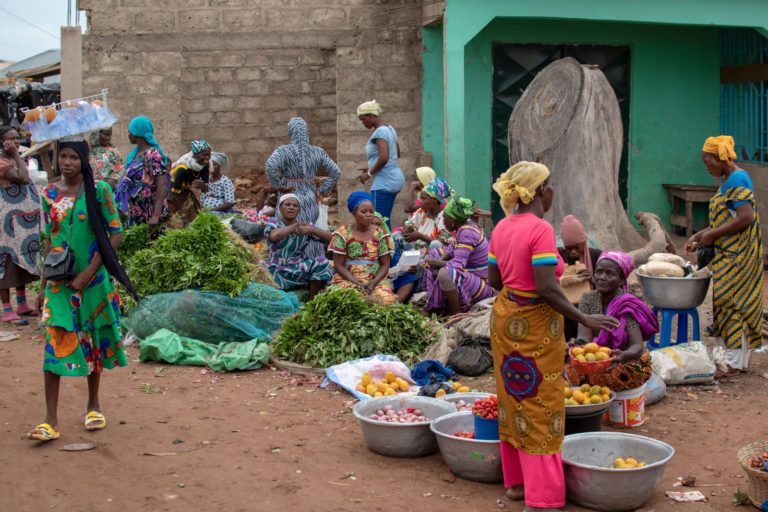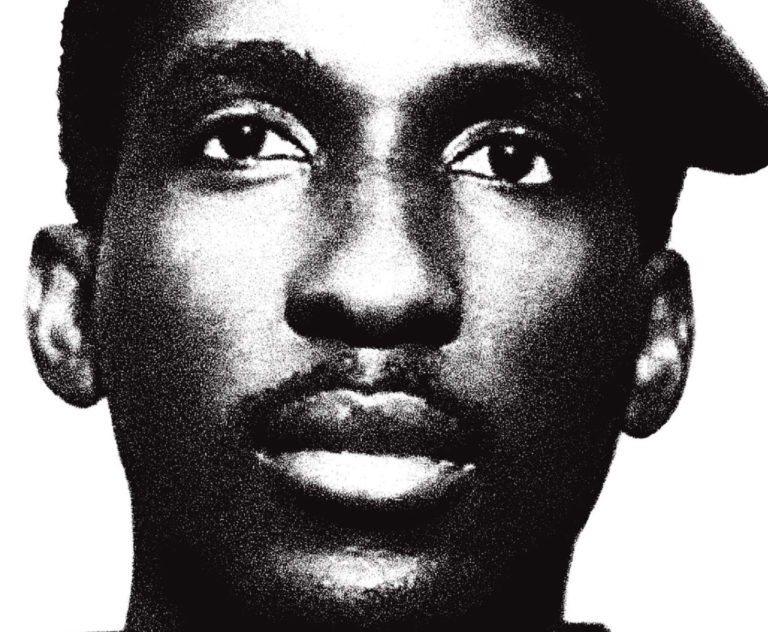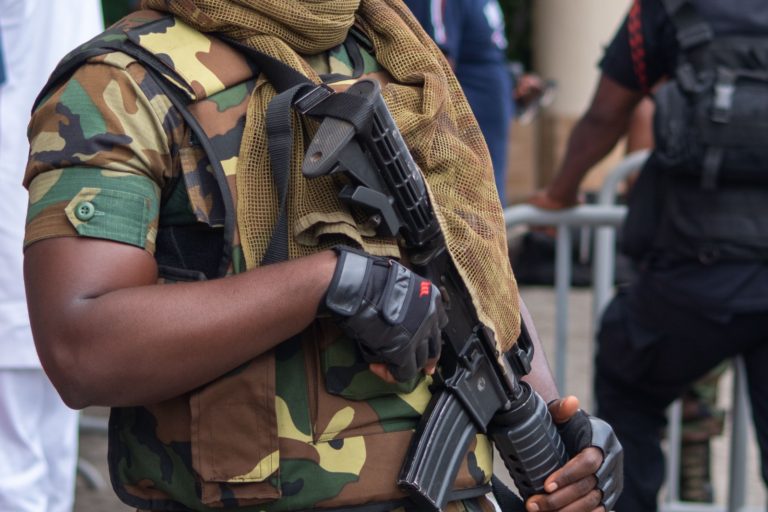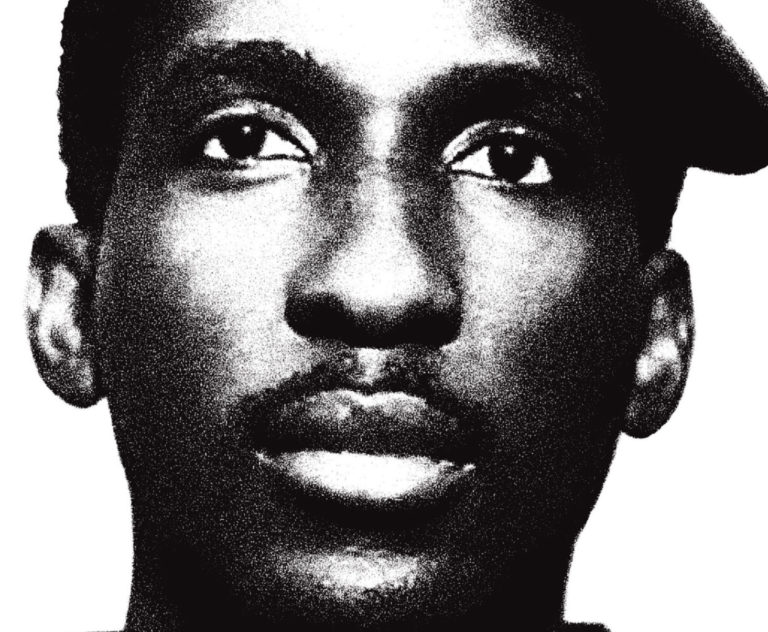Regardless of the circumstance, the average Ghanaian’s favorite platitude is “we are managing.” Be it a rough patch in school, scraping for the rent or struggling with a rickety car, the ordinary Ghanaian is likely to still point to the light at the end of the tunnel. The first months of 2022 have changed that.
You needn’t point to the 13-year high in inflation (23.6%) or other data points to know that. All you require is a quick trip through town, where the hike in fuel prices, transport fares and food prices are pummeling Ghanaians into submission. For example, Ghana’s Statistical Service noted that in April 2022, rising food prices accounted for 50% of inflation.
Ghana’s cost of living crisis isn’t just about rising prices. It also has to do with static incomes and depreciating savings. Everything is going up except salaries. Then there’s the small matter of a government that has not helped ease the misery of Ghanaians with its insincere posturing.
While key factors driving up the cost of living are global, Ghanaians are frankly tired of officials that hold up the COVID-19 pandemic and more recently, the war in Ukraine, as the reason for the prevailing despair.
What would be a change of pace will be for the government to acknowledge failings in critical areas during its six years in power. We are a far cry from the days when Ghana’s President, Nana Akufo-Addo, proclaimed that his administration had “the men” to protect the public purse, secure an economic turnaround and usher in an era of industrialization and prosperity.
Now, all Ghanaians have are slogans like ‘One District, One Factory’ and ‘Planting for Food and Jobs’ that elicit scorn instead of hope. For most Ghanaians, we live in a utopia of development and progress – but only on paper, because we are great at identifying problems and formulating inspiring manifestos and development plans. The reality, however, feels like a gyre of curses and misfortune.
The buck always stops with leadership. What Ghanaians see when they look to theirs for empathy and direction is a complete lack of it. Consider the picture of citizens commuting in chunks of tetanus on a daily basis as President Akufo-Addo came under fire for obscene amounts spent on a luxury jet for travel.
The symbol of government insensitivity in recent months has, however, been the new and controversial 1.5 percent tax on all electronic transactions above 100 Ghana cedis ($13). For those already paying income tax, one understands why the levy is considered cruel double taxation. But the government’s commitment to the taxes on fuel is the bigger cruelty for me.
Fuel is viewed as having the most consequential ripple effect on the cost of living. Part of this is because the tax build-up of finished fuel products, sometimes described as nuisance taxes, make up about 29% of what Ghanaians pay. When fuel prices go up, so do transport prices, and then food, and then commerce becomes the wild west.
In one of the more infuriating recent developments, public school feeding caterers, who serve vulnerable and poor kids, have had to protest to demand an increase in the current daily allocation of 0.97 Ghana cedis ($0.13) per child. Unconscionable.
Just when Ghanaians thought things could not get any worse, the utility companies distributing electricity and water popped up like horsemen of the apocalypse, indicating they want a 148% and 334% increase in tariffs, respectively. With a lot of Ghanaians and businesses already stretched thin, this could be a killing blow.
Ghana’s social emergency is all too real, and it is high time the current government acknowledged how false promises have intensified this crisis. Flagship programs that were supposed to address fundamental issues like food security are bearing rotten fruits. Ghana wouldn’t be depending this much on imports and crippling the Ghanaian cedi if a policy like ‘Planting for Food and Jobs’ was working.
Because of this, Ghana’s main agricultural worker’s union talks like Ghana an Old Testament famine is about to befall Ghana. Who can blame them? As the weeks go by, I doubt them less.
But as Ghanaians hold the government to the fire and demand accountability, they must also hold a mirror to themselves. Perhaps it is time Ghanaians finally prove Kwame Nkrumah right for saying “Ghanaians are not timid people… They may be slow to anger and may take time to organize and act. But once they are ready, they strike and strike hard.”
Like the distressing scenes in Sri Lanka, we must not swat at this crisis with despair. Instead, our feet should become one with the streets as we voice our anger at the government’s incompetence and demand a leadership that treats its people with dignity.





















